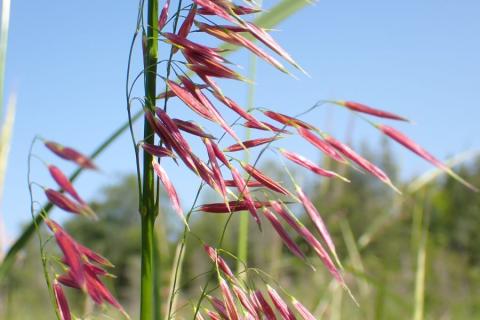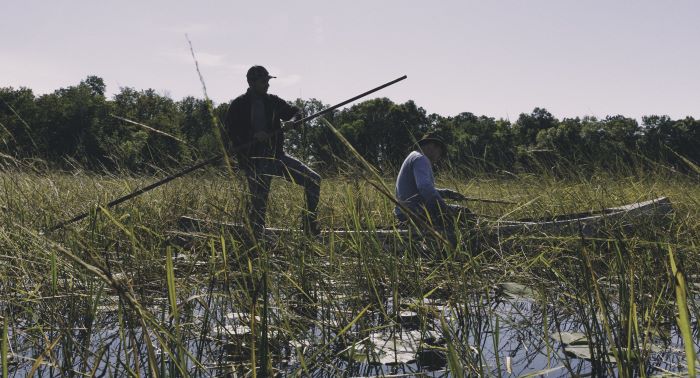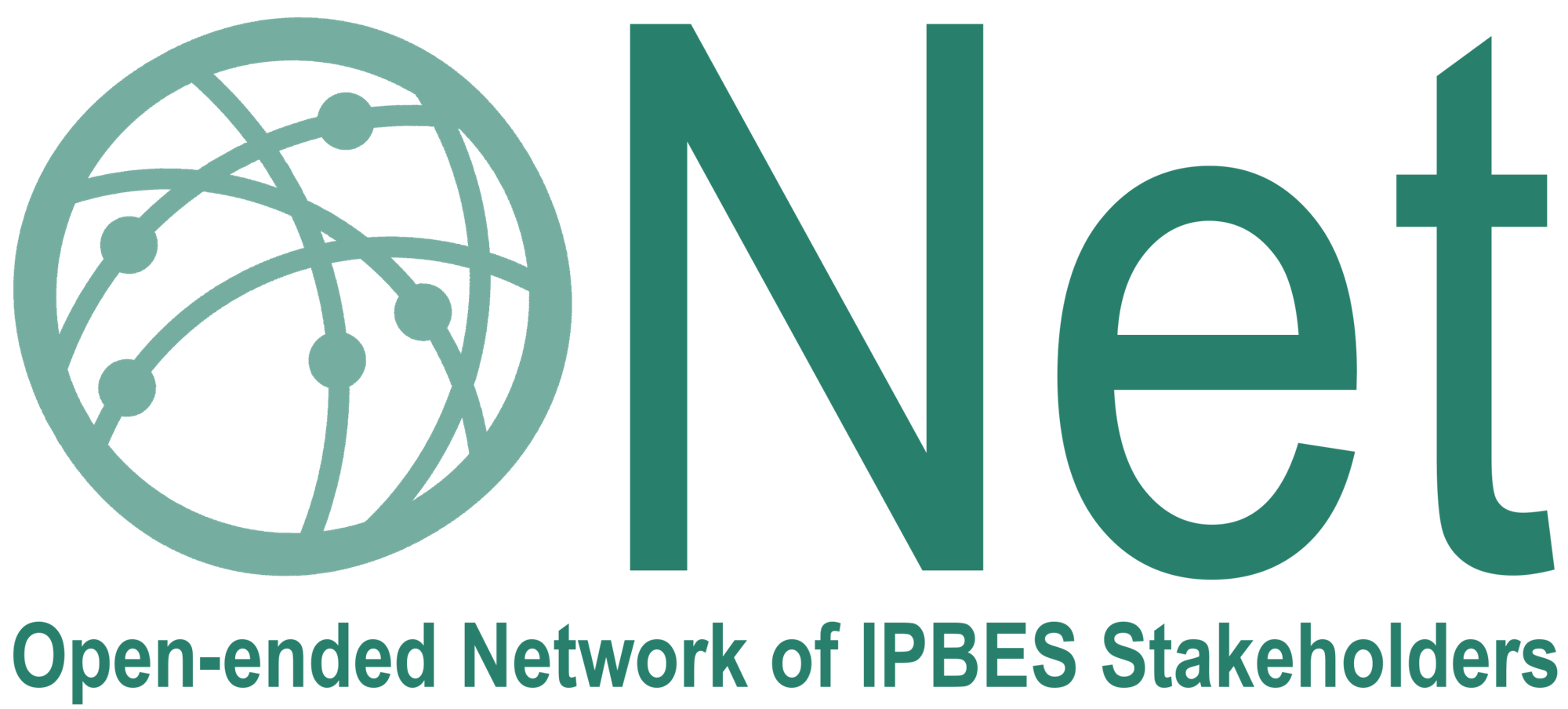IPBES is seeking indigenous and local knowledge: add your insights

See the official call in Arabic (عر ب), Chinese (中文), English (English), French (français), Russian (русский), or Spanish (español). See the extension of the deadline in Arabic (عر ب), Chinese (中文), English (English), French (français), Russian (русский), or Spanish (español).
Alongside research literature and grey literature, all IPBES assessments draw on and include indigenous and local knowledge. IPBES wants to recognize the role of Indigenous and local knowledge for biodiversity and nature's contributions to people. The platform also wants to recognize the current challenges faced by Indigenous Peoples and local communities, and ways forward. It wants to bring both aspects to the attention of policymakers. You can read more about the process on the official website.
IPBES is seeking relevant information for two ongoing assessments by 19 November 2024:
-
The assessment of monitoring biodiversity and nature’s contributions to people (monitoring assessment). This assessment will explore different national and global systems and efforts to track biodiversity and nature’s contributions to people. It will focus on challenges and successes at various scales to measure the progress towards the goals and targets of the Kunming-Montreal Global Biodiversity Framework.
-
The assessment of integrated biodiversity-inclusive spatial planning and ecological connectivity (spatial planning assessment). This assessment will address the use and change in use of land, inland waters and sea. It will include areas beyond national jurisdiction, emphasizing the importance of ecological connectivity.
IPBES is inviting us to share materials related to one or both the assessments. The materials should express community-based knowledge, practices, values, needs, and/or experiences.
You can find more details on what the platform is looking for in the official submission form. The form also explains who can participate, what IPBES wants to achieve, and how it will use your contribution.
>> See the submission form (also available in Spanish – español or French – français)
You might also be interested in our sibling stakeholder network, the International Indigenous Forum on Biodiversity and Ecosystem Services (IIFBES). You can be a member of both networks at the same time.

Top photo by Ian Shackleford on iNaturalist: wild rice (Zizania palustris) in Frog Bay Tribal National Park, the first tribal national park in the USA. Wild rice is a cultural keystone species for many indigenous peoples in the Great Lakes Region of North America. To read more about it, see the case study in the IPBES assessment report on the sustainable use of wild species. Alongside reading, you might also be interested in an ethnobotanist's recent documentary in collaboration with Ojibwe people on YouTube.
